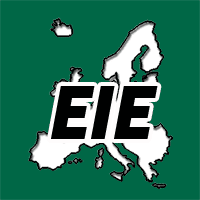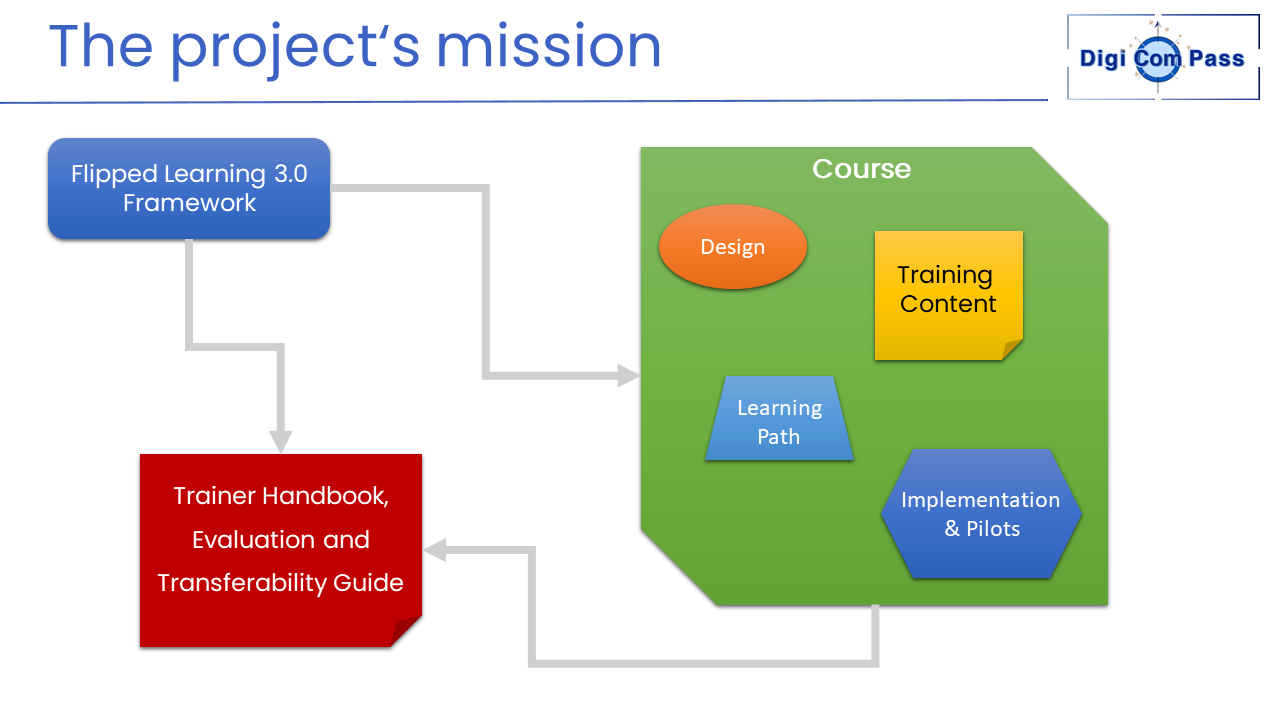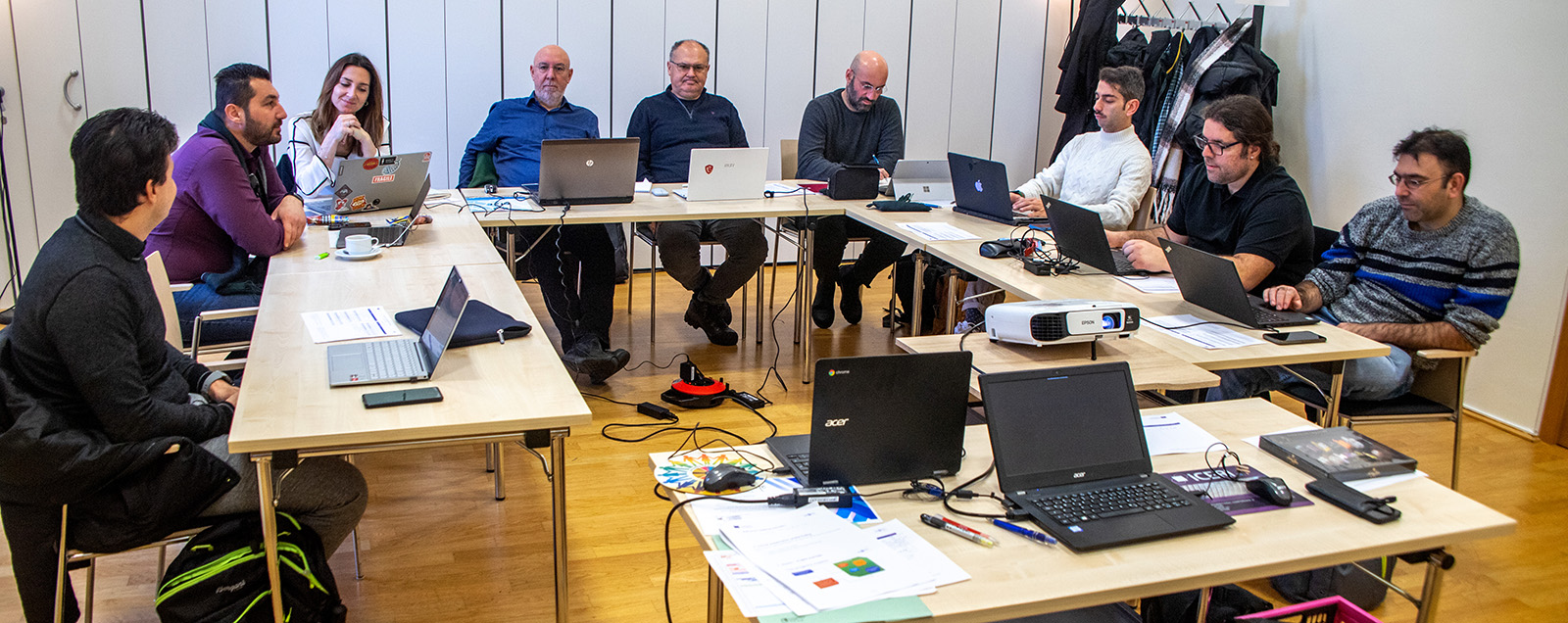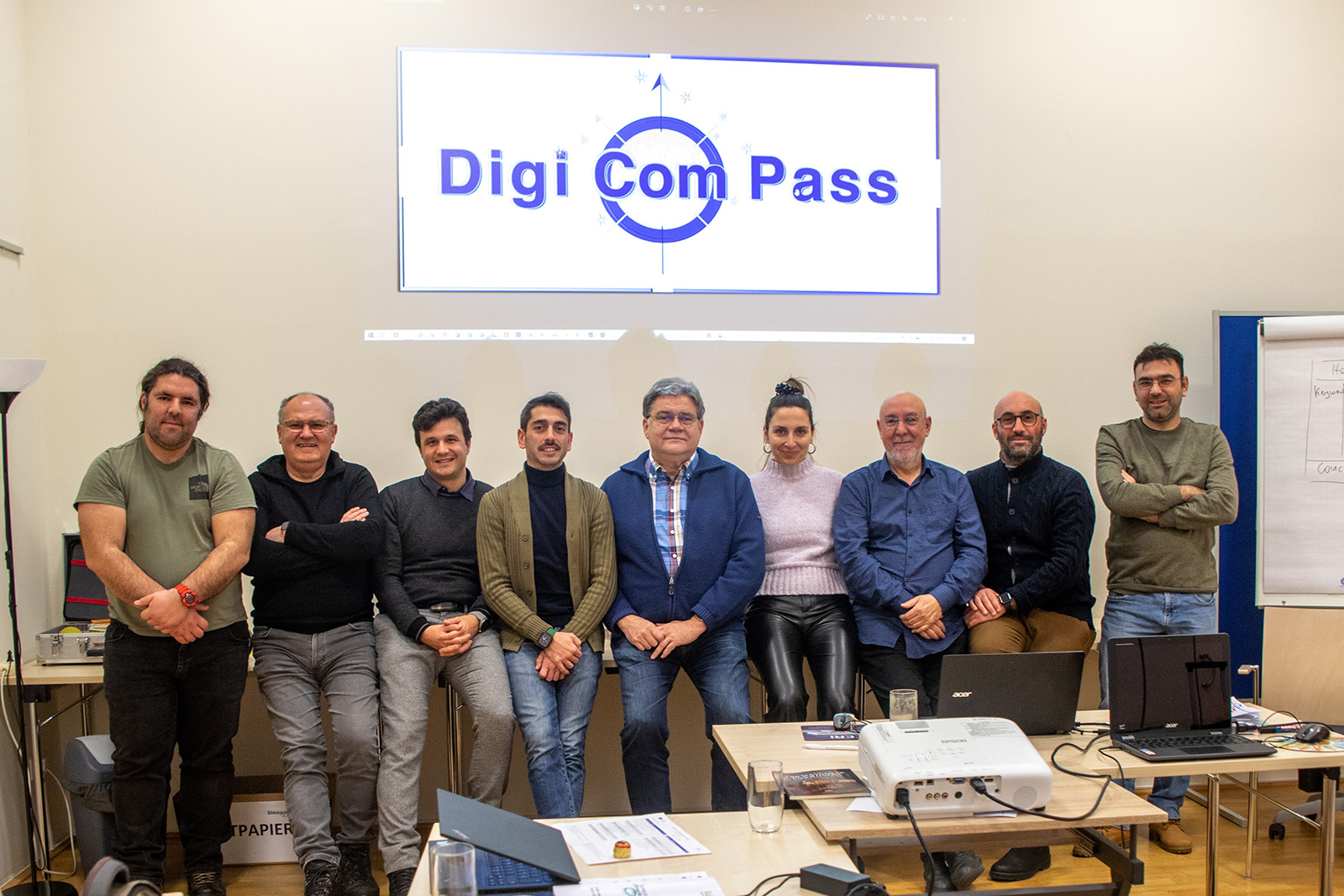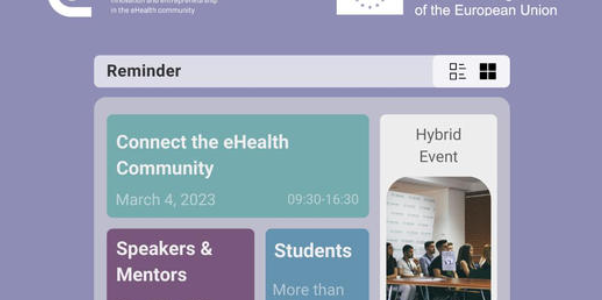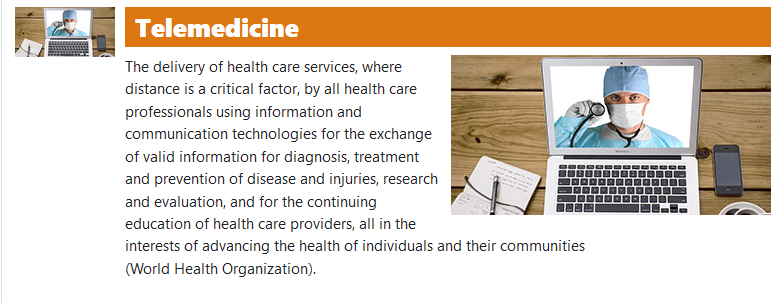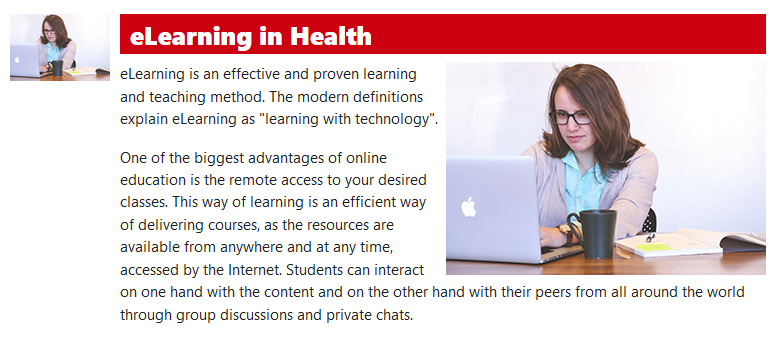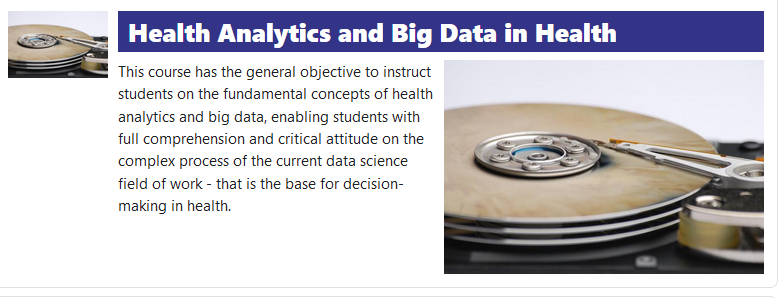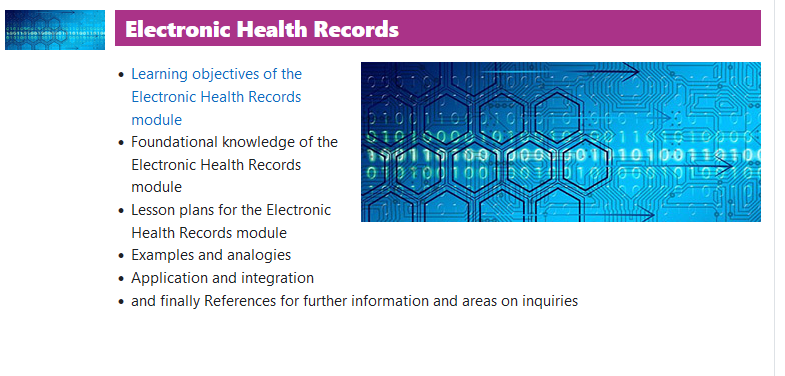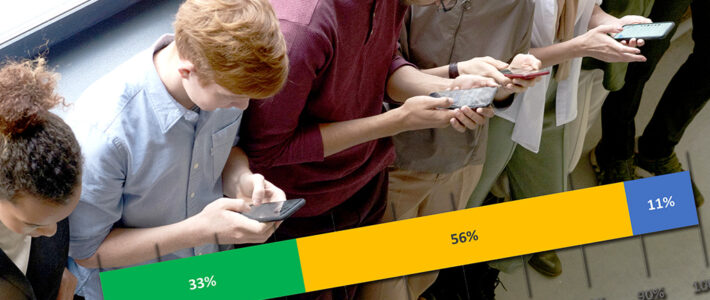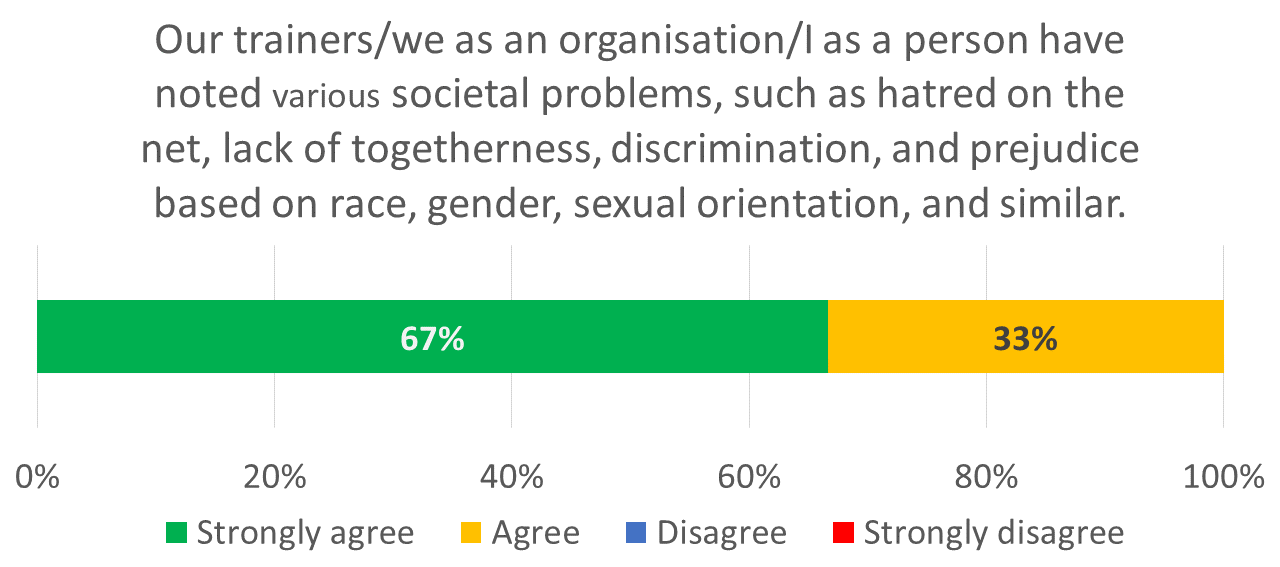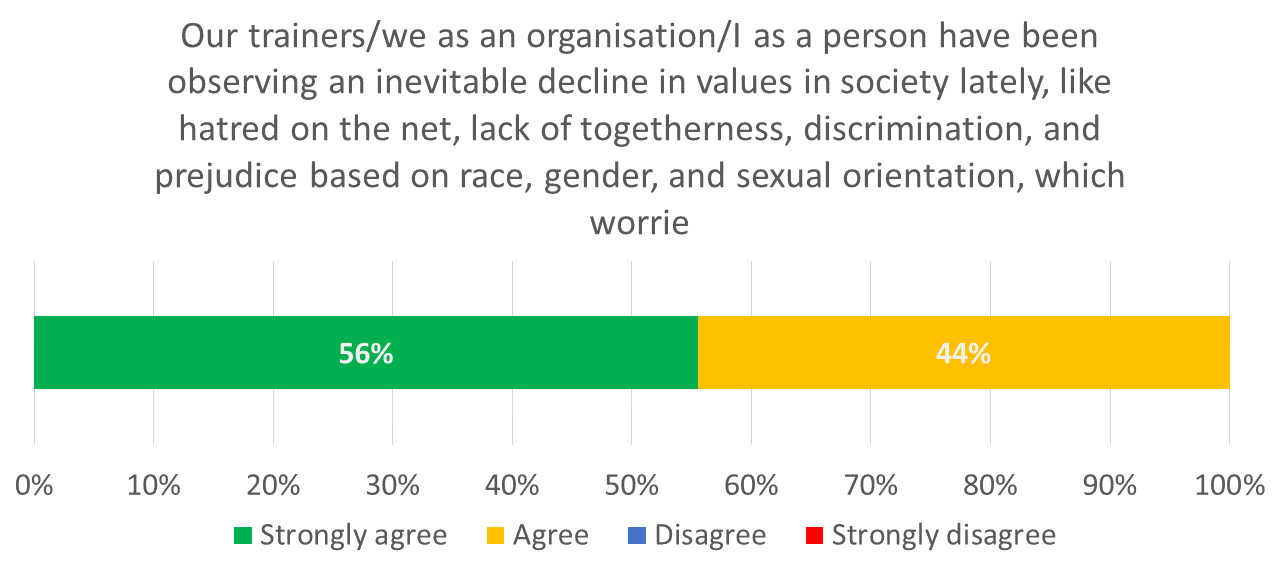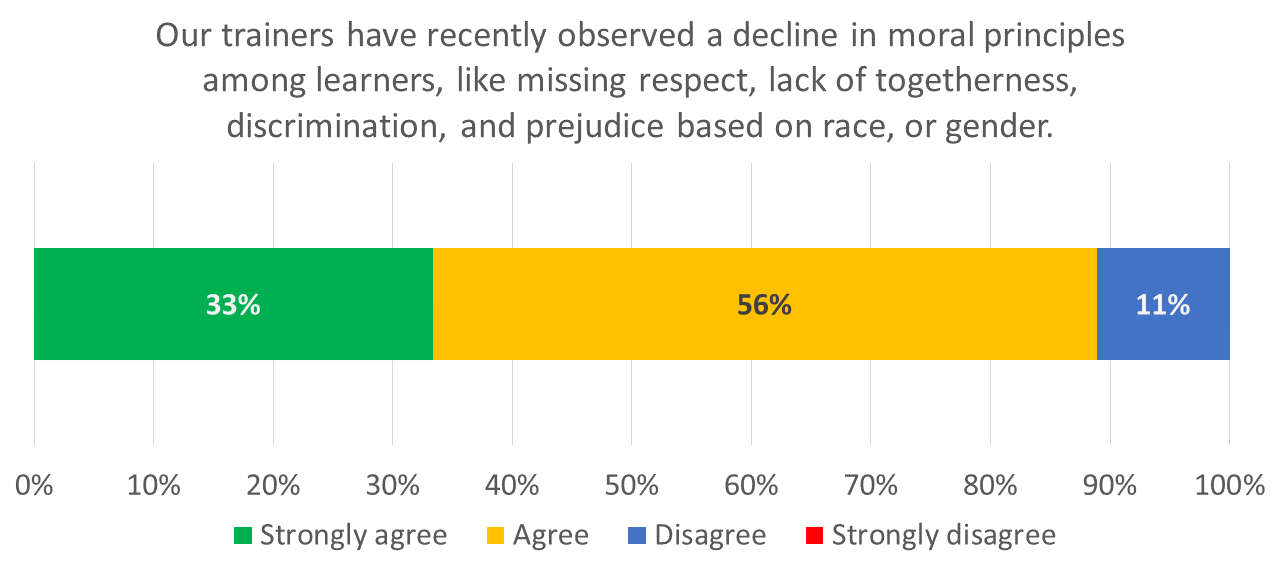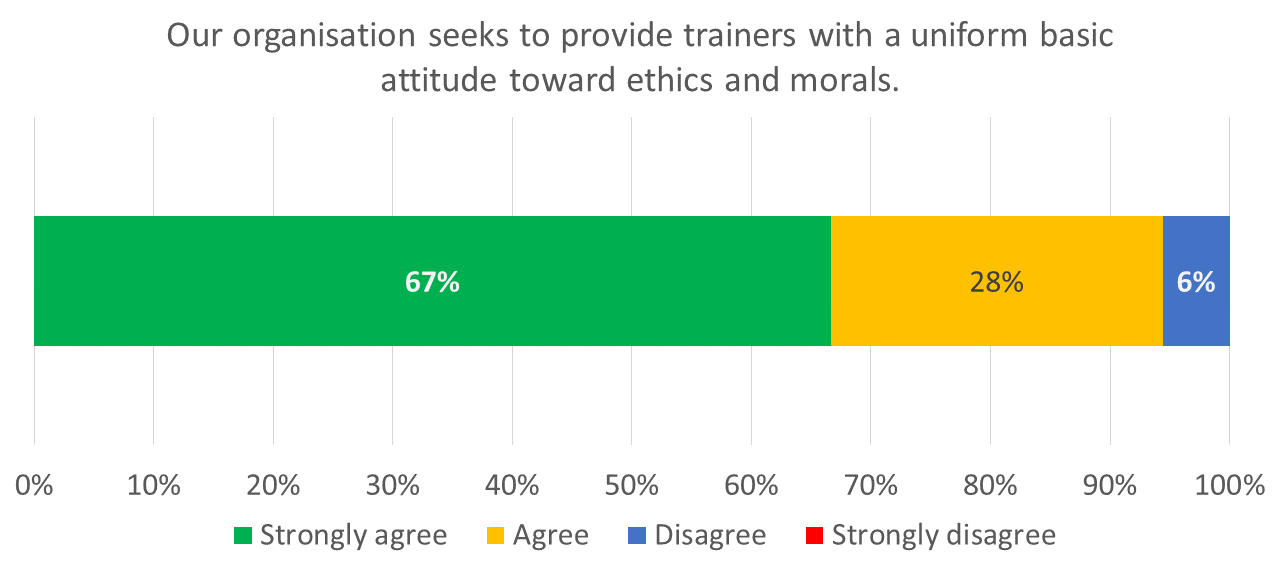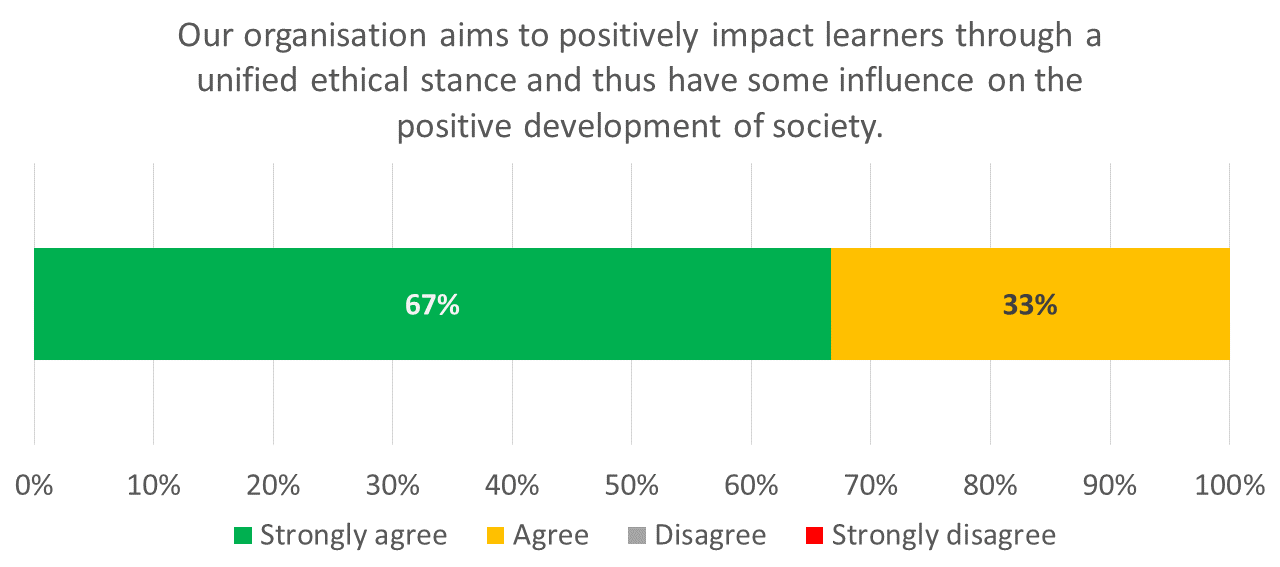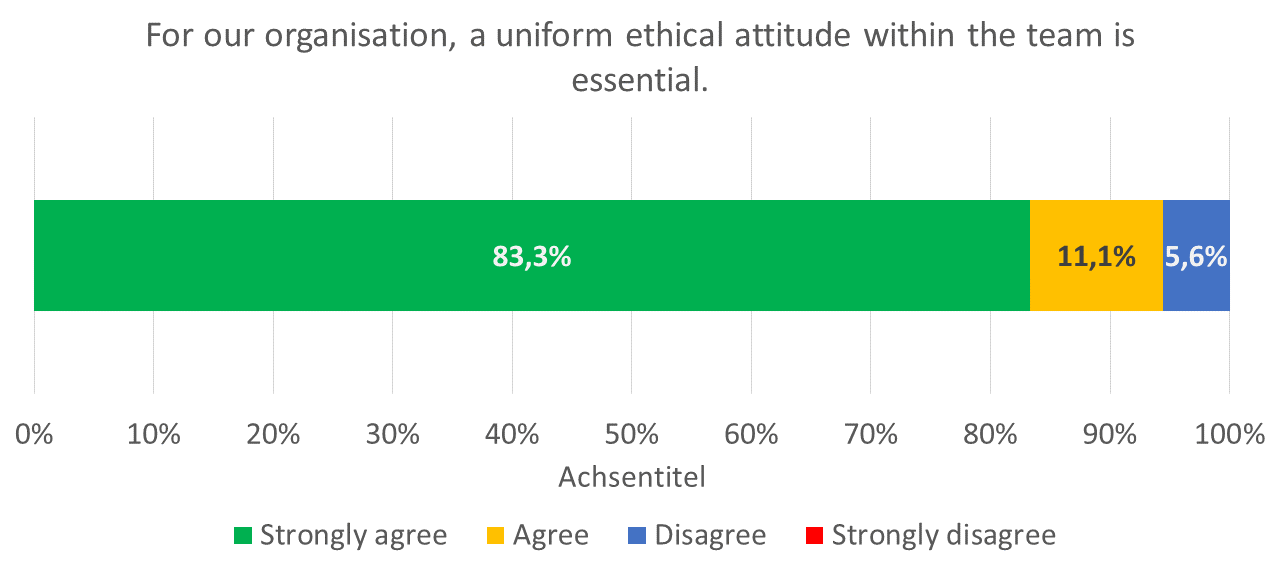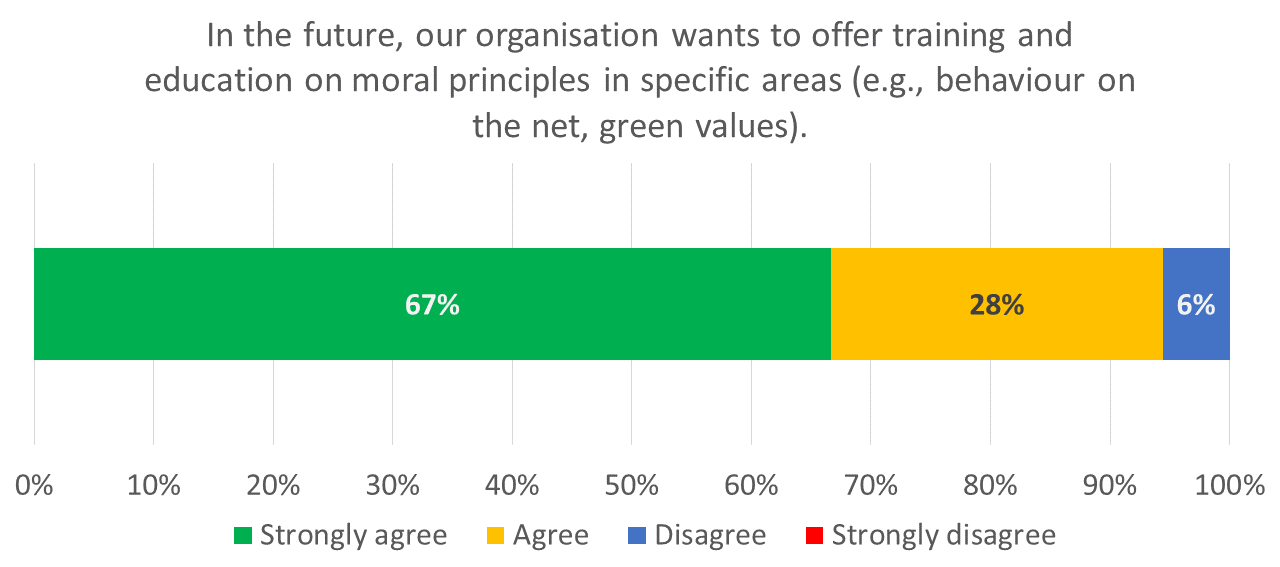DigiComPass kick-off project meeting
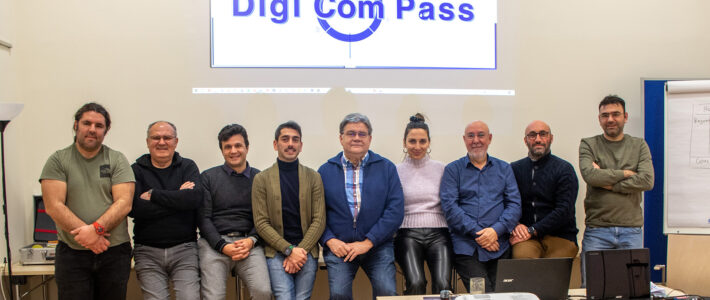
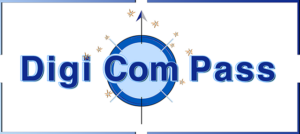
The aim of the DigiComPass Project is to develop a modern accreditation model for digital competencies (based on the DigComp 2.1 Framework for Citizens). This needs a practical innovation and training boost for the trainers (as well as the training facilities). Therefore, this project develops staff competencies that lead to overall improvements in the provision, targeting, and effectiveness of adult education. This includes assessment of prior knowledge and skills of adult learners, better and more innovative teaching methods, and strengthening the adult education staff’s supporting role in motivating, guiding, and advising learners in challenging learning situations. The first DigiComPass meeting of partners took place in Wiener Neustadt, Austria.
The rationale of the project
Digital Competences (DigComp) are crucial for citizens today and in the future. In Europe, the average level in DigComp of well-educated citizens is approx. 56%. Several countries (Italy, Cyprus, Spain, and Greece) are below, and Austria is at the average (Source: DigComp Framework 2.0 P 19).
The COVID-19 situation showed that digital competencies are a must for all people, in all generations, and in all living conditions and situations.
The DigiComPass Kick-Off Meeting
The DigiComPass Kick-Off Meeting took place in Wiener Neustadt from January 16th to January 17th, 2023. Partners from BrainLog (DK), IFESCoop (ES), Europäische Bildungsinitiative (AT), Prometeo (IT), K.A.NE. (GR) and the coordination organisation, the University of Cyprus (CY) participated. Due to various issues, the FLGobal (USA) could not send a representative.
The mission of the project: Develop five training modules (based on the Flipped Learning 3.0 Framework) following the DigComp Framework, and support trainers with an appropriate implementation, transferability, and evaluation guide.
Working to "bring the project on tracks" - Kick-Off meeting in Wiener Neustadt.
Martin Savchev (Brainlog, DK), Filaretos Vourkos and Eleni Pistola (K.A.NE., GR), Fernando Benavento and Emilio Sanz (IFESCOOP, ES), Pasquale Venditti and Saverio Lapi ( prometeo, IT) and finally Christos Mettouris and Alexandros Yeratziotis (University of Cyprus, CY). Missing: Errol Smith (FLGlobal, USA) and Peter Mazohl (EBI, AT; taking this picture)
The project team after a successful meeting and two working days: Christos Mettouris (UCY), Emilio Sanz (IFESCoop), Martin Savchev (BrainLog), Saverio Lapi (Prometeo), Peter Mazohl (EBI), Eleni Pistola (K-A.NE.), Fernando Benavente (IFESCoop), Pasquale Venditti (Prometeo), Alexandros Yeratziotis (UCY).
Objectives and concrete results of the DigiComPass Project
- Pilot courses will be created (and evaluated) on the mentioned items, together with an appropriate recognition model for adults. These developments are summarized in an “Adult Education package” called DigiCompass.
- The objectives are to create a recognition & course model for Digital Competences with
- A pedagogical framework (based on Flipped Learning 3.0)
- A quality-enhance framework for course creation, implementation, and evaluation
- Pilot courses covering the items of the DigComp 2.1 Citizens framework (https://goo.gl/T8TpJ9)
- A recognition model for Europe defining the curriculum, training environment, evaluation and grading, and consistent certification (which could be used internationally as well). The model fits perfectly with the Europass CV. This model should be practicable global as well.
- Use of modern digital badges (open badges system) for the recognition model
- A “floating guide” to define the way of adaptation for future developments
- A transferability guide for School Education
Topics addressed in the DigiComPass project meeting
The program-related keywords are: Digital skills and competencies – Creating new, innovative, or joint curricula or courses – Key competencies development
For the project, relevant keywords are: Digital Competencies Training, Flipped Learning 3.0, Multimedia and Interactive training content.
